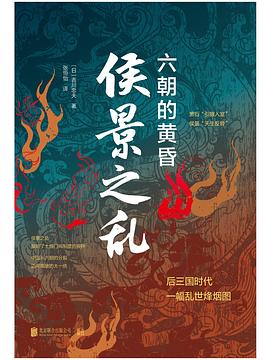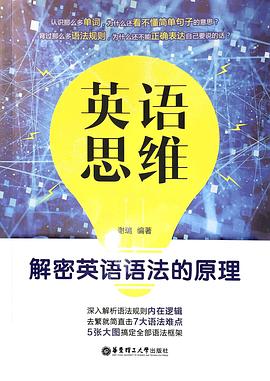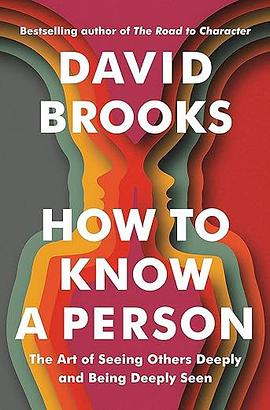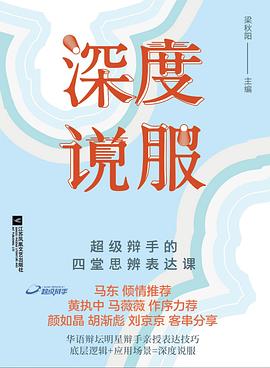Pandemic
内容简介
From the author of The Fever, a wide-ranging inquiry into the origins of pandemics
Interweaving history, original reportage, and personal narrative, Pandemic explores the origins of epidemics, drawing parallels between the story of cholera--one of history's most disruptive and deadly pathogens--and the new pathogens that stalk humankind today, from Ebola and avian influenza to drug-resistant superbugs.
More than three hundred infectious diseases have emerged or reemerged in new territory during the past fifty years, and 90 percent of epidemiologists expect that one of them will cause a disruptive, deadly pandemic sometime in the next two generations.
To reveal how that might happen, Sonia Shah tracks each stage of cholera's dramatic journey from harmless microbe to world-changing pandemic, from its 1817 emergence in the South Asian hinterlands to its rapid dispersal across the nineteenth-century world and its latest beachhead in Haiti. She reports on the pathogens following in cholera's footsteps, from the MRSA bacterium that besieges her own family to the never-before-seen killers emerging from China's wet markets, the surgical wards of New Delhi, the slums of Port-au-Prince, and the suburban backyards of the East Coast.
By delving into the convoluted science, strange politics, and checkered history of one of the world's deadliest diseases, Pandemic reveals what the next epidemic might look like--and what we can do to prevent it.
......(更多)
作者简介
Sonia Shah is a science journalist and prizewinning author. Her writing on science, politics, and human rights has appeared in The New York Times, The Wall Street Journal, Foreign Affairs, Scientific American, and elsewhere. Her work has been featured on Radiolab, Fresh Air, and TED, where her talk "Three Reasons We Still Haven't Gotten Rid of Malaria" has been viewed by more than 900,000 people around the world. Her 2010 book, The Fever, which was called a "tour-de-force history of malaria" (The New York Times), "rollicking" (Time), and "brilliant" (The Wall Street Journal), was long-listed for the Royal Society's Winton Prize.
......(更多)
目录
......(更多)
读书文摘
人们认为霍乱只发生在贫穷国家,但并非总是如此。在19世纪,霍乱袭击了当时世界上最现代、最富裕的城市,富人穷人都不放过,从巴黎和伦敦一路杀到纽约和新奥尔良。
随着几内亚森林被砍伐,蝙蝠与人类就更可能产生新的交集。人们开始猎杀蝙蝠以取其肉,而宰杀过程会让猎人接触富含微生物的蝙蝠组织。某些蝙蝠以人类定居点附近的果树为生,当地人则可能接触蝙蝠的唾液和排泄物。
......(更多)






